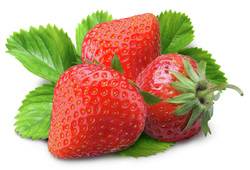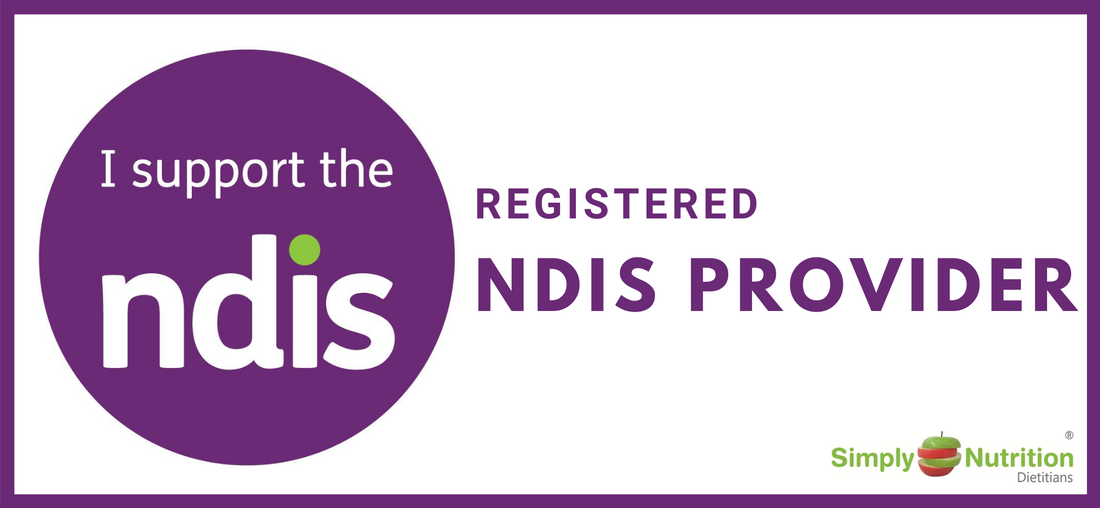Frequently Asked Questions
Is a dietitian and nutritionist the same thing?
The main difference between a dietitian and a nutritionist is that a dietitian has undertaken complex and extensive studies under supervision involving clinical nutrition, human nutrition, food service management and medical nutrition therapy.1
As a result of their substantial studies, a dietitian is considered a dietitian and a nutritionist, however a nutritionist without a degree in dietetics cannot practice as a dietitian.1
Does a dietitian only help with weight loss?
No, a dietitian is trained in many areas of human nutrition and assists people in understanding the relationship between diet and disease. A dietitian can provide you advice on a wide range of topics including but not limited to:
Do dietitians put people on ‘Diets’?
No, a dietitian helps you to implement healthy lifestyle choices and works with you to ensure their recommendations fit in with your likes/dislikes and more importantly your life!!
Is a dietitian going to ask me to make a lot of changes all at once?
No, a dietitian works with you to make a series of small changes over a period of time. They may even ask you to do only 1 thing per week!! It is important to make sure you tell the dietitian if you are having trouble implementing a change as they can provide you with the support to make healthy choices easier choices.
Do all dietitians have a perfect diet, free from all unhealthy foods?
No, they still have taste buds!! The reason most dietitians have chosen their profession is because they have a love for food! They believe in moderation and incorporating a wide variety of foods into the diet (yes including chocolate and wine!) along with an active lifestyle.
The main difference between a dietitian and a nutritionist is that a dietitian has undertaken complex and extensive studies under supervision involving clinical nutrition, human nutrition, food service management and medical nutrition therapy.1
As a result of their substantial studies, a dietitian is considered a dietitian and a nutritionist, however a nutritionist without a degree in dietetics cannot practice as a dietitian.1
Does a dietitian only help with weight loss?
No, a dietitian is trained in many areas of human nutrition and assists people in understanding the relationship between diet and disease. A dietitian can provide you advice on a wide range of topics including but not limited to:
- Diabetes- type 1, type 2 and gestational
- Heart health such as high cholesterol
- Gastrointestinal health such as IBS, celiac disease, crohns disease, ulcerative colitis, diarrhoea, constipation
- Osteoporosis
- Antenatal and postnatal
- Under-nutrition
- Cancer
- Healthy eating
- Fussy eating
- Food allergies and intolerances
- Bariatric surgery support
Do dietitians put people on ‘Diets’?
No, a dietitian helps you to implement healthy lifestyle choices and works with you to ensure their recommendations fit in with your likes/dislikes and more importantly your life!!
Is a dietitian going to ask me to make a lot of changes all at once?
No, a dietitian works with you to make a series of small changes over a period of time. They may even ask you to do only 1 thing per week!! It is important to make sure you tell the dietitian if you are having trouble implementing a change as they can provide you with the support to make healthy choices easier choices.
Do all dietitians have a perfect diet, free from all unhealthy foods?
No, they still have taste buds!! The reason most dietitians have chosen their profession is because they have a love for food! They believe in moderation and incorporating a wide variety of foods into the diet (yes including chocolate and wine!) along with an active lifestyle.


